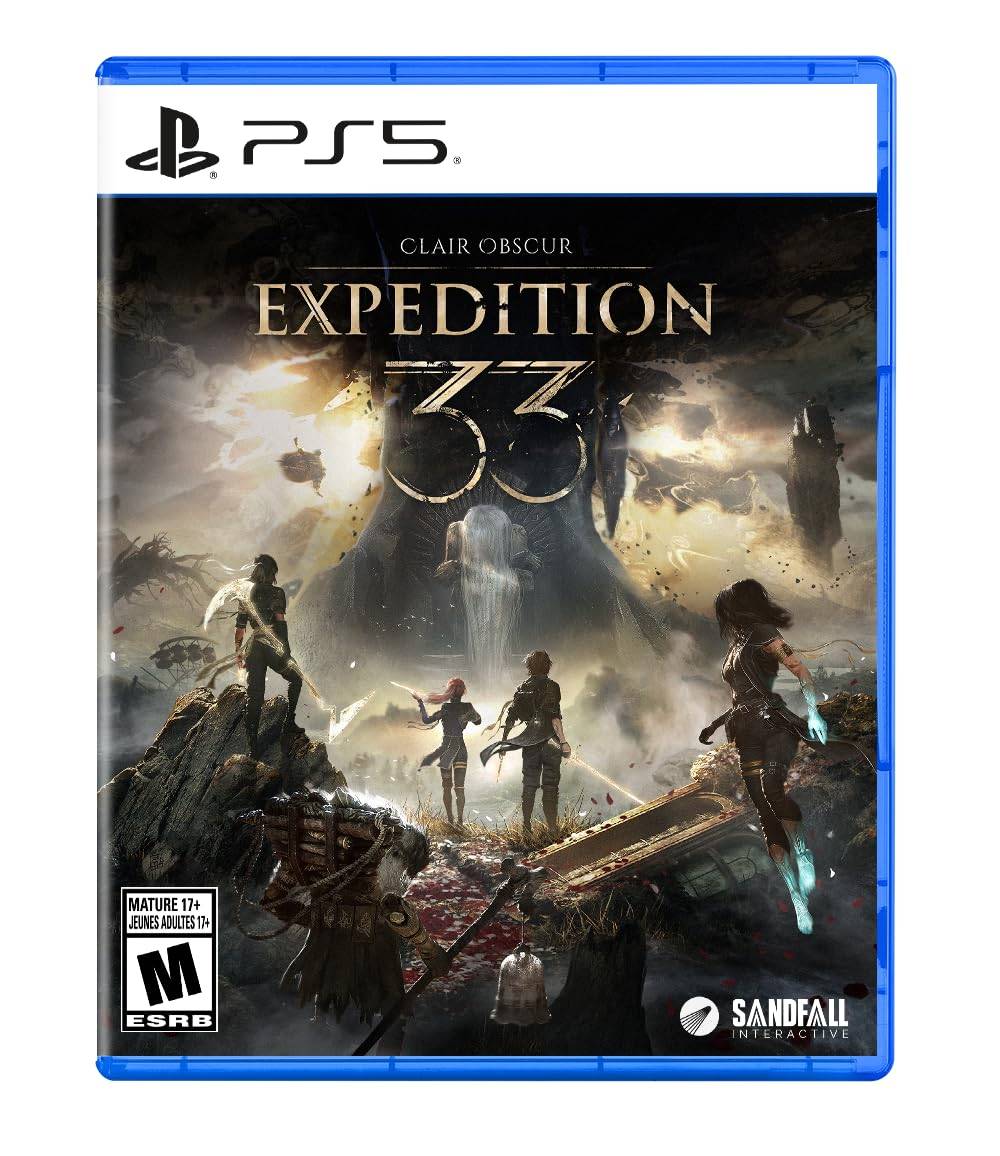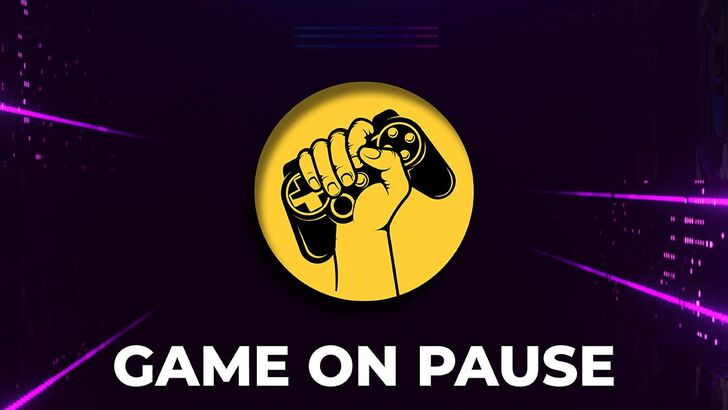 The video game industry faces potential upheaval as SAG-AFTRA, the union representing voice actors and performance artists, has authorized a strike against major game developers. This article explores the ongoing dispute over fair labor practices and the ethical implications of artificial intelligence in the industry.
The video game industry faces potential upheaval as SAG-AFTRA, the union representing voice actors and performance artists, has authorized a strike against major game developers. This article explores the ongoing dispute over fair labor practices and the ethical implications of artificial intelligence in the industry.
SAG-AFTRA Authorizes Strike Against Video Game Companies
SAG-AFTRA's Announcement
On July 20th, the SAG-AFTRA National Board voted unanimously to authorize a strike against video game companies. This action empowers the union's leadership to call a strike if negotiations fail to yield a satisfactory agreement. The strike would encompass all services under the Interactive Media Agreement (IMA), halting work by all SAG-AFTRA members on affected projects. The central issue is securing robust protections against the misuse of AI in voice acting.
National Executive Director Duncan Crabtree-Ireland underscored the union's resolve, emphasizing the importance of securing fair AI provisions in the contract. He highlighted the significant contributions of voice actors to the success of video games and warned that time is running out for companies to reach a fair agreement.
Key Issues and Industry Impact
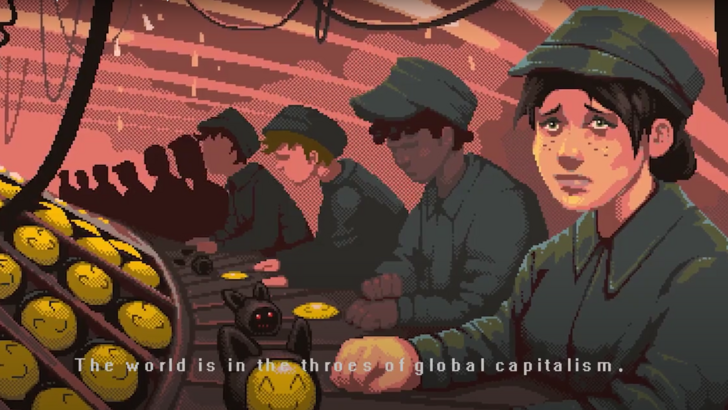 The potential strike stems from concerns over the unregulated use of AI in voice acting and performance capture. Currently, there are no safeguards to prevent the unauthorized replication of actors' voices and likenesses using AI. The union advocates for fair compensation and clear guidelines for the use of AI-generated performances.
The potential strike stems from concerns over the unregulated use of AI in voice acting and performance capture. Currently, there are no safeguards to prevent the unauthorized replication of actors' voices and likenesses using AI. The union advocates for fair compensation and clear guidelines for the use of AI-generated performances.
Beyond AI concerns, SAG-AFTRA is seeking substantial wage increases to reflect inflation, improved on-set safety measures, and protections against vocal strain. Specific demands include mandated rest periods, on-site medical personnel during hazardous work, and the elimination of stunt work requirements in self-taped auditions.
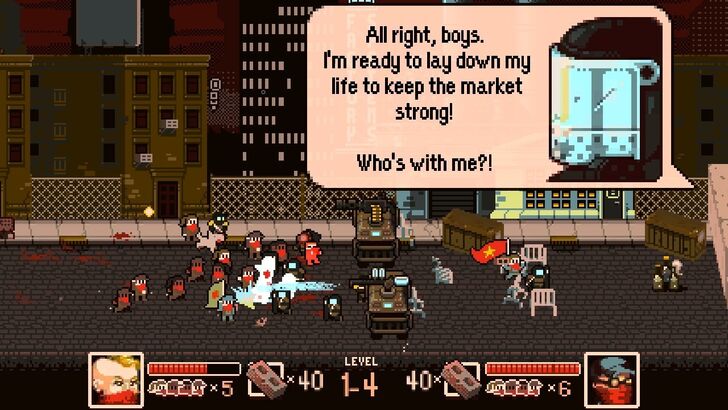 A strike could significantly impact video game production, although the precise extent is uncertain. Unlike film and television, video game development is a lengthy process. While a strike might delay certain aspects of production, the overall effect on game release schedules remains unclear.
A strike could significantly impact video game production, although the precise extent is uncertain. Unlike film and television, video game development is a lengthy process. While a strike might delay certain aspects of production, the overall effect on game release schedules remains unclear.
Companies Involved and Their Positions
The potential strike targets ten major companies, including Activision, Blindlight, Disney Character Voices, Electronic Arts, Epic Games, Formosa Interactive, Insomniac Games, Take-Two Productions, VoiceWorks Productions, and WB Games. While Epic Games has publicly supported SAG-AFTRA's position on AI usage, other companies have yet to release official statements.
Negotiation History and Context
 This dispute's origins lie in September 2023, when SAG-AFTRA members overwhelmingly voted to authorize a strike before contract negotiations. Negotiations have since stalled, despite an extension of the previous contract, which expired in November 2022.
This dispute's origins lie in September 2023, when SAG-AFTRA members overwhelmingly voted to authorize a strike before contract negotiations. Negotiations have since stalled, despite an extension of the previous contract, which expired in November 2022.
The current conflict echoes a 2016 strike that lasted 340 days, raising concerns about the long-term implications of this latest dispute. A controversial January 2024 agreement with Replica Studios, an AI voice provider, further fueled tensions within the union regarding AI's role in performance capture.
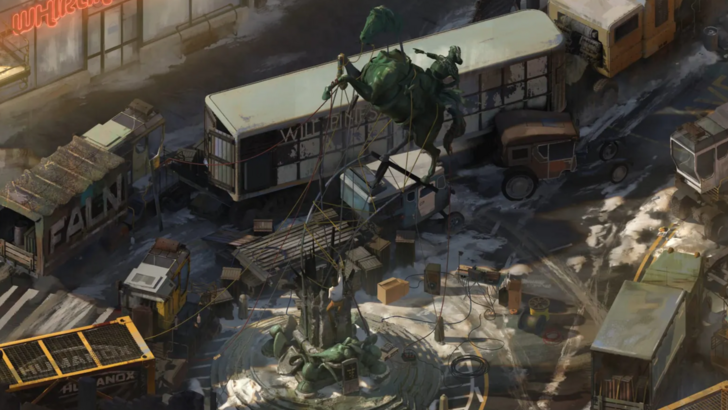 The authorized strike represents a critical juncture in the fight for fair labor practices within the gaming industry. The outcome will have profound consequences for the future of AI in performance capture and the treatment of video game performers. The rapid advancement of AI necessitates strong protections for individuals, ensuring AI enhances, not replaces, human creativity. A swift and equitable resolution is crucial to address the union's concerns and safeguard the rights of its members.
The authorized strike represents a critical juncture in the fight for fair labor practices within the gaming industry. The outcome will have profound consequences for the future of AI in performance capture and the treatment of video game performers. The rapid advancement of AI necessitates strong protections for individuals, ensuring AI enhances, not replaces, human creativity. A swift and equitable resolution is crucial to address the union's concerns and safeguard the rights of its members.














